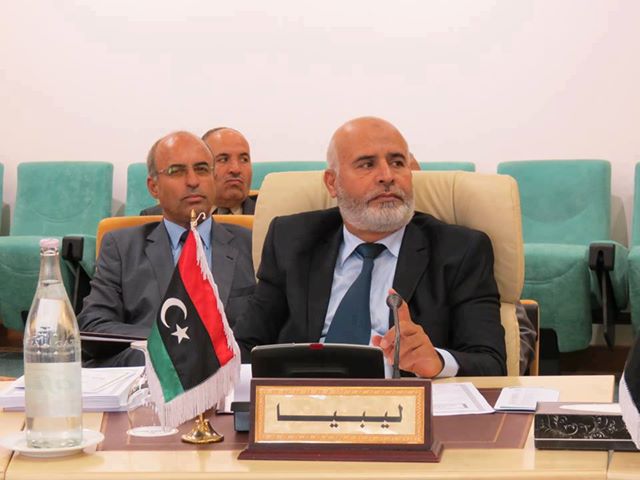By Michel Cousins.

Tripoli, 25 May 2013:
Nigerien President Mahamadou Issoufou has claimed that that the suicide bombers who carried out the two . . .[restrict]deadly attacks in the north of the country had come from Libya.
At least 19 people, almost all of them soldiers, were killed on Thursday in a suicide bomb attack at a barracks in the town of Agadez and another died in an attack at a uranium mine in Arlit further north on the road heading towards the Algerian border. The mine is run by a French company.
Some six militants also died in the attacks.
“The assailants, according to all the information that we’ve acquired, came from southern Libya,” Issoufou told TV news channel France 24 today. He called Libya “a destabilising force” in the region.
Responsibility for the two attacks has been claimed by Mokhtar Belmokhtar, leader of the Islamist militant group behind the January assault on the In Amenas gas complex in Algeria, just across the border from Libya, in which at least 39 foreign oil workers were killed. An Algerian security guard also died as did 29 militants.
Algeria has likewise since the January attack insisted that many of the militants entered from Libya. The Algerian media reported that they wore Libyan military uniforms and drove vehicles with Libya licence plates.
President Issoufou’s assertion today about the bombings, which so far has drawn no Libyan government response, follows a similar statement three weeks ago by his Foreign Minister, Mohamed Bazoum, that Libya posed a increasing danger to its neighbours and that the major powers should strike Islamist militants whom he claimed were based in the south of the country.
At the time, the Prime Minster, Al Zeidan, responded to Bazoum’s statement and a similar allegation from Chad’s president that Libya was harbouring rebels saying that Libya was not a source of threat to any of its neighbours.
If the Nigerien and Algerian allegations are true, it would indicate that Belmokhtar has established one or more bases in southern Libya.
There have been several claims to this effect.
Last year, it was alleged that there was an Al-Qaeda-linked cell in Obari. Later in the year, Tebu military leader Isa Abdul Majid confirmed the existence of a cell to the Libya Herald but said it had gone underground. Last month, however, there were renewed reports of Islamist militants in the town. [/restrict]








